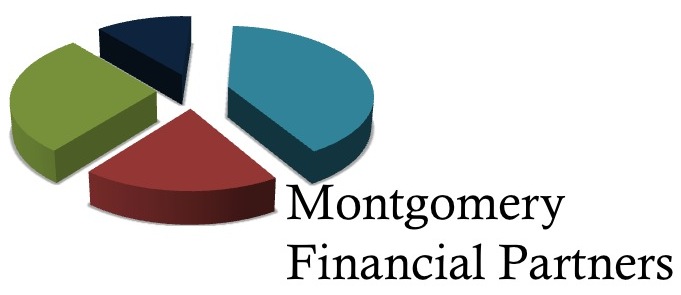As the year winds down, it’s time to think about year-end tax planning. Proactive strategies can reduce your tax bill, allowing you to keep more of your hard-earned money. Whether you’re an individual taxpayer or a small business owner, taking action before December 31 can have a significant impact on your financial health come tax time. Here are some effective year-end tax planning tips to consider.
Maximize Retirement Contributions
Contributing to retirement accounts is one of the most powerful tax-saving strategies. For 2024, individuals can contribute up to $22,500 to a 401(k) or similar employer-sponsored plan, with an additional $7,500 catch-up contribution if you’re 50 or older.
Contributions to a traditional IRA may also be tax-deductible – up to $6,500 for individuals under 50 and $7,500 for those 50 and older. These contributions lower your taxable income, potentially moving you into a lower tax bracket.
Defer Income and Accelerate Deductions
If you are on the cusp of moving into a higher tax bracket, consider deferring some income to next year. This might include delaying year-end bonuses, freelance income, or business invoices until January.
Additionally, consider accelerating deductible expenses, such as charitable contributions or medical expenses, into the current year. By increasing your deductions this year and postponing income, you may be able to reduce your overall tax liability.
Maximize Charitable Contributions
Year-end charitable contributions can be a win-win, benefiting both you and the causes you support. You can donate cash, but donating appreciated securities, like stocks, can offer additional tax benefits. When you donate appreciated assets held for more than one year, you generally avoid capital gains taxes while receiving a tax deduction for the full fair market value of the donation.
You can also consider donor-advised funds for larger donations, as these allow you to take the deduction now and distribute the funds to charities over time.
Contribute to a Health Savings Account (HSA)
For individuals with high-deductible health plans, contributing to a Health Savings Account (HSA) is a smart tax-saving move. In 2024, individuals can contribute up to $4,150 (or $8,300 for families) to an HSA, with an additional $1,000 catch-up for those 55 and older. Contributions are tax-deductible, and better yet, funds in the HSA grow tax-free. Plus, withdrawals for qualified medical expenses are tax-free, making it a powerful tool for reducing current and future taxes.
Bunch Itemized Deductions
With the higher standard deduction, many taxpayers don’t benefit from itemizing every year. Instead, consider “bunching” itemized deductions, like medical expenses or property taxes, in one year to exceed the standard deduction threshold. This allows you to maximize deductions every other year, potentially lowering your tax bill.
Effective year-end tax planning can be complex but can make a significant difference in your financial situation. By being proactive, you can minimize your tax burden and set yourself up for a strong financial start in the new year.
Questions?
If you have questions about how to tailor these year-end tax strategies to your unique circumstances to reduce your tax bill, or would like to schedule a meeting, please reach out to me at 301-990-9170 or email geoff@montgomeryfinancialpartners.com.


Recent Comments